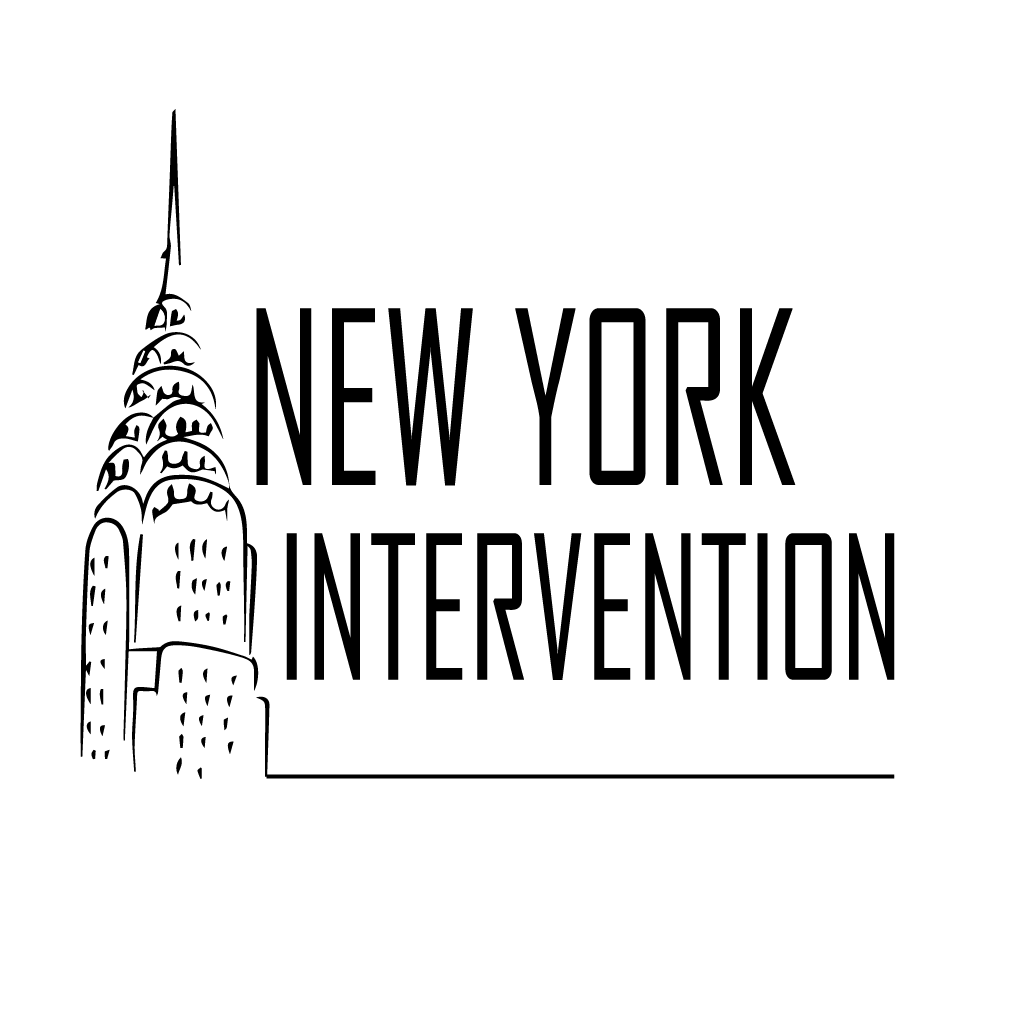Written: Marc Kantor
For a decade of my adult life, I lived a double existence. On the surface, I was a seemingly successful young professional working in commercial real estate in New York and Washington, D.C. — driven, articulate, and ambitious. But underneath that image, I was falling apart. My name is Marc Kantor, and I am the CEO and Founder of New York Intervention and a recovering addict since 2004.
My relationship with stimulant medication began in college when I was diagnosed with ADHD. I was prescribed Ritalin, and for a time, it felt like a miracle. For the first time in my life, I could focus, achieve, and stay on top of everything. Eventually, Ritalin turned into Adderall, and I thought I had found the solution to all my problems. I used to describe the effect the medication had on me as being like someone with terrible vision who suddenly puts on glasses and can finally see clearly. What I didn’t realize was that I was slowly building a life that revolved around being constantly medicated. At first, it worked — until it didn’t.
Over the years, the doses crept higher. A psychiatrist once warned me, “This shit will fuck with your life.” I didn’t doubt him, but I couldn’t imagine functioning without it. In my late twenties, I got married, stayed in good shape, and even cut back on my drinking. Outwardly, everything looked fine. But eventually the pressures of work and family life grew, I leaned harder on the pills to keep up — and on alcohol to come down at night.
After September 11th, my anxiety and drinking worsened. When my daughter was born, it was the happiest time of my life — but also the most fragile. Beneath the surface were layers of shame, fear, and unresolved trauma I didn’t understand at the time. By her first birthday, I was having panic attacks, binge eating uncontrollably, and watching my weight climb. I told myself I could regain control if I worked hard enough or made enough money, but the truth was I was losing ground faster than I could stay ahead.
By the time my daughter turned two, my life was in chaos. I was taking up to 1,000 milligrams of Adderall a day, drinking every night, and barely functioning. I was out of work, overweight, and mentally unwell. At my daughter’s second birthday party, I used my wife’s credit card to pay for the bill — but never returned it. Keeping up the illusion that I was successful was important to me—and to my wife, lest she have to admit she had married someone who couldn’t provide for our family.
With her debit card in my possession, I emptied the account and went doctor-shopping for pills. A few days later when she realized the account was overdrawn, she had had enough. She packed a bag and took our daughter to a friend’s house. That night, she called my parents and left a message saying, “Your son is a drug addict, an alcoholic, a cheat, and a thief. I’m done.”
Leaving that message was painful for her as she was close with my parents and believed they would never speak to her again after hearing her say those things.
It’s true, my parents were devastated but they knew she was right. They reached out to a friend who was a social worker – most likely the only person they knew in the mental health field, and her advice was clear: “He needs to be in treatment.”
The next day, I got “the” phone call I had been expecting for ten years — my father telling me it was time to do something. As painful as it was to face the truth, I also felt relief. I was exhausted – being an addict is a full-time job which left no time for anything else.
After I got off the phone with my dad, I went online and searched for the only rehab center I had ever heard of: The Betty Ford Center in Palm Springs. I called the admissions line and spoke with a man named Malcolm, who somehow knew exactly how I felt. He asked me a few questions, and concluded I was an appropriate clinical fit for their program, and helped me take the first real step toward recovery.
I reported back to my father and wife I was willing to go to treatment and would be leaving the following week. For some reason, I didn’t try to negotiate an alternative deal or make many of the typical promises addicts tend to make, like I’ll try harder, I’m not really an addict, or let me do this by myself. I just complied and kept to the plan I agreed to.
Still my wife was prepared to end our marriage however my dad pleaded a reasonable case on my behalf. He told her, “You can always leave him later — but give him thirty days in treatment first.” Reluctantly, she agreed. She didn’t want our daughter growing up in the cycle of broken families she’d known herself. So I packed a bag, got on a plane, and began a journey that would change everything.
What followed was humbling — detox, therapy, reflection, and slowly coming to terms with how I had been living. For the first time in over a decade, I was fully present and unmedicated. I wasn’t sure who I was without the pills, but I had no choice other than to get sober or lose everything.
That experience — the chaos, the pain, and the grace that followed — is the foundation of the work I do today. It’s why I pursued a career as an interventionist. Because I know how it feels to be lost, desperate, and afraid — and I also know what it takes to get out. Recovery doesn’t begin when you stop using; it begins when you stop pretending everything is fine.
